The implementation of the Citizenship Amendment Act could sway the elections in West Bengal where the Matua community — Hindu refugees from Bangladesh — form the state’s second-largest SC population.

In Short
- Matua community celebrates implementation of Citizenship Amendment Act
- Implementation could impact upcoming elections, Matuas form substantial SC population
- Several members of Thakur family, Matua sect founder active in politics.
The central government on Monday announced the implementation of the Citizenship Amendment Act (CAA), a move sought by the Matua community in West Bengal, a Hindu sect of refugees who migrated from Bangladesh.
The community has been demanding the implementation of the act which will provide Indian citizenship to migrants from Afghanistan, Bangladesh, and Pakistan who belong to Hindu, Sikh, Jain, Parsi, Buddhist, and Christian communities.
Classified as a Scheduled Caste (SC), Matuas are Namasudras or lower caste Hindu refugees who have migrated to West Bengal from neighbouring Bangladesh (erstwhile East Pakistan).
The implementation of the Citizenship Act could have a significant impact on the upcoming elections as Matuas form West Bengal’s second-largest Scheduled Caste population.
The community mostly resides in the North and South 24 Parganas districts and across the bordering districts like Nadia, Howrah, Cooch Behar, North and South Dinajpur and Malda.
The Namasudras constitute 17.4 per cent of the total SC population in West Bengal, the second-largest in the state after the Rajbanshis in North Bengal.
An overwhelming majority of Bengal’s 1.8 crore SC population are Hindus (99.96 per cent). Of its 42 Lok Sabha seats, Bengal has 10 seats reserved for Scheduled Castes, of which the BJP bagged four – Coochbehar, Jalpaiguri, Bishnupur and Bongaon in 2019.
POLITICAL LEGACY OF MATUAS
The Matua sect was founded by Harichand Thakur and his descendants, who reside in the North 24 district, has a long association with politics.
Harichand’s great-grandson Pramatha Ranjan Thakur became a member of the West Bengal legislative assembly as a Congress candidate in 1962. It was PR Thakur’s widow, the centenarian Binapani Devi, who until recently, was the mascot of the community.
In recent years, multiple members of the Thakur family have tried their luck in politics, backed by their standing in the Matua Mahasangha—the apex body of the sect.
Binapani Devi’s eldest son, Kapil Krishna Thakur, was the TMC MP from Bongaon in 2014. His younger brother Manjul Krishna became a TMC MLA from Gaighata in 2011.
Manjul’s elder son Subrata Thakur contested the Bongaon bypoll in 2015 on a BJP ticket after the sudden demise of his uncle, TMC MP Kapil Krishna Thakur.
Challenging him was his aunt Mamata Bala Thakur, Kapil Krishna’s widow, who eventually retained the seat for the TMC.
In 2019, Santanu Thakur, son of Manjul Krishna, won the Bongaon Lok Sabha seat for the BJP. He is currently the Union Minister of State for Shipping in the Modi government.
Subrata Thakur, another son of Manjul Krishna, is the BJP MLA from Gaighata assembly seat in the same region.
This article was published on India Today.
Also read: PM Modi launches 10 new Vande Bharat trains today: Check routes, other details!


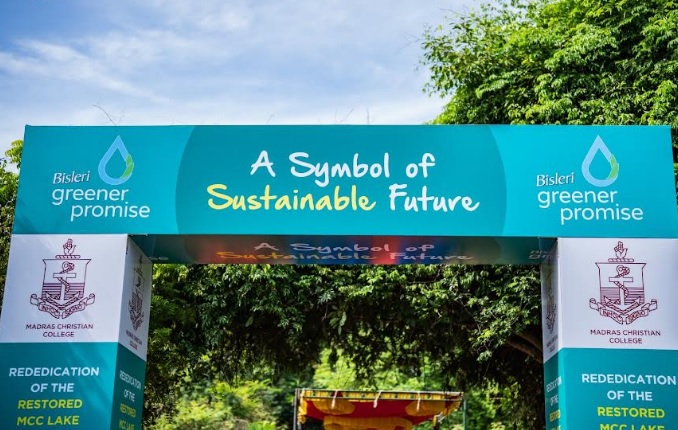
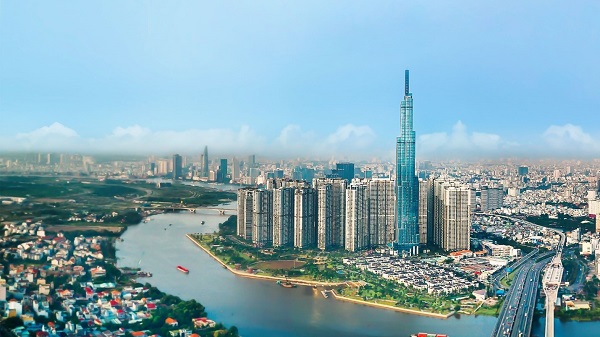
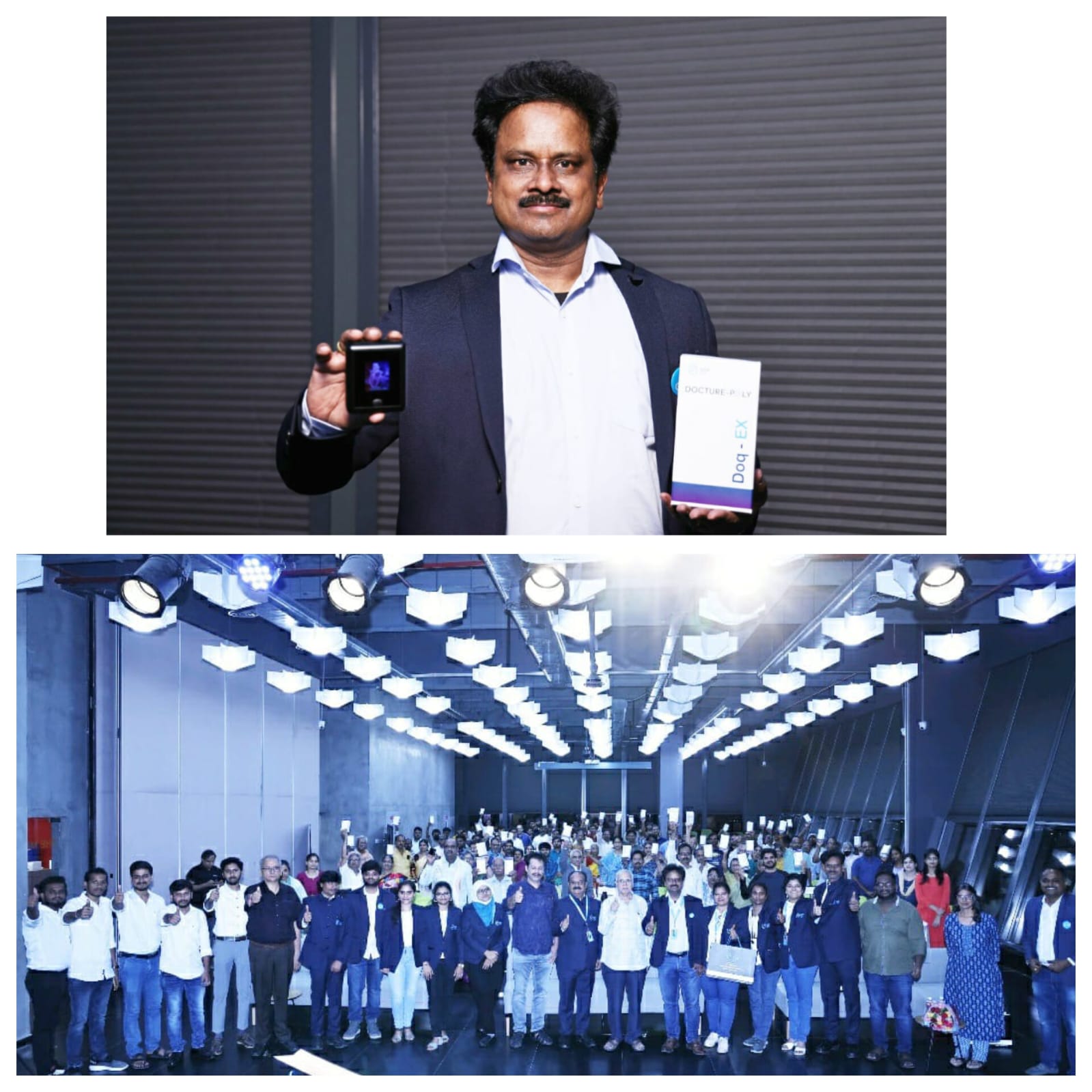
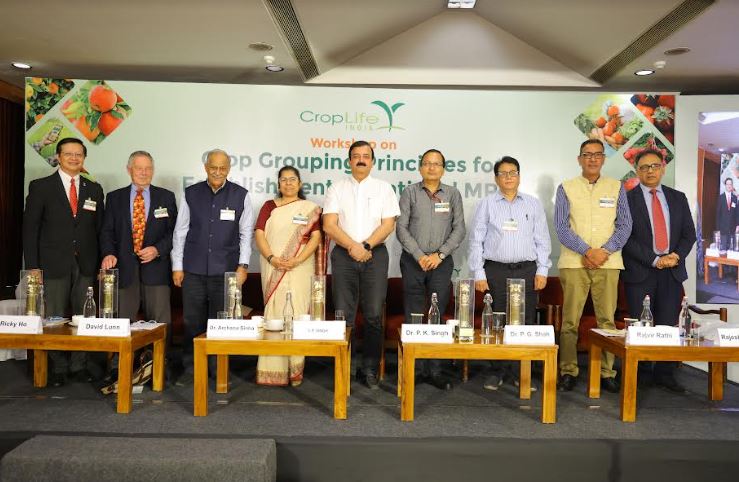

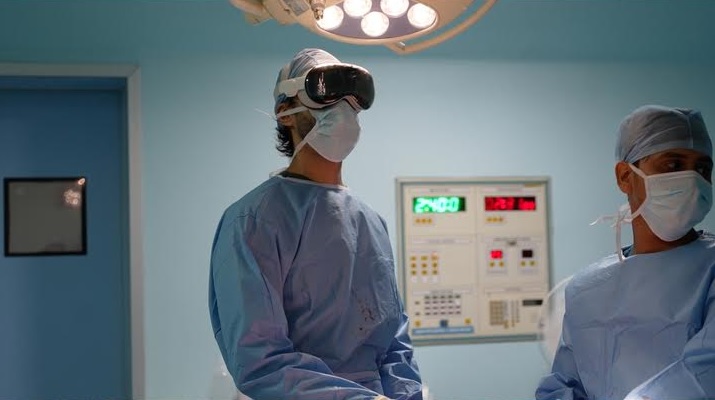
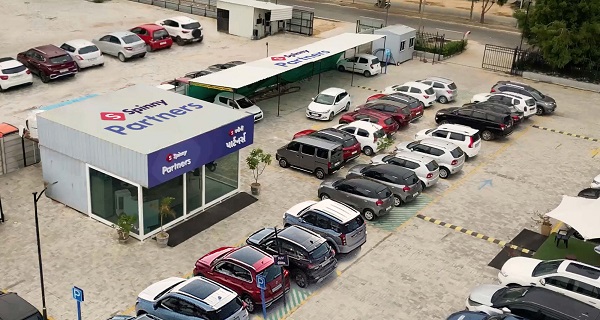

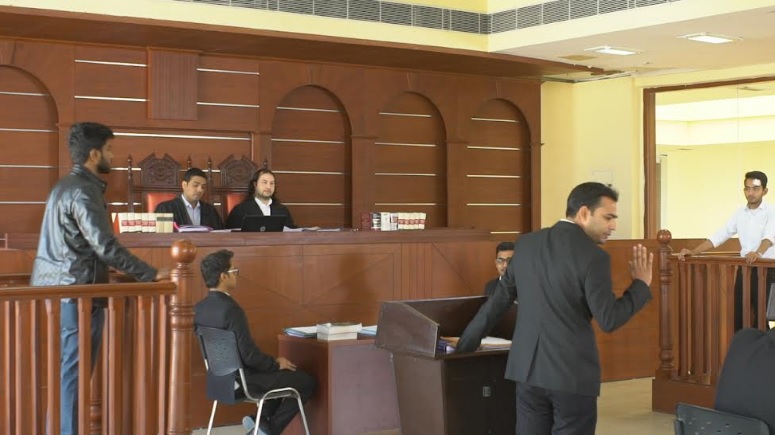





Reader Interactions